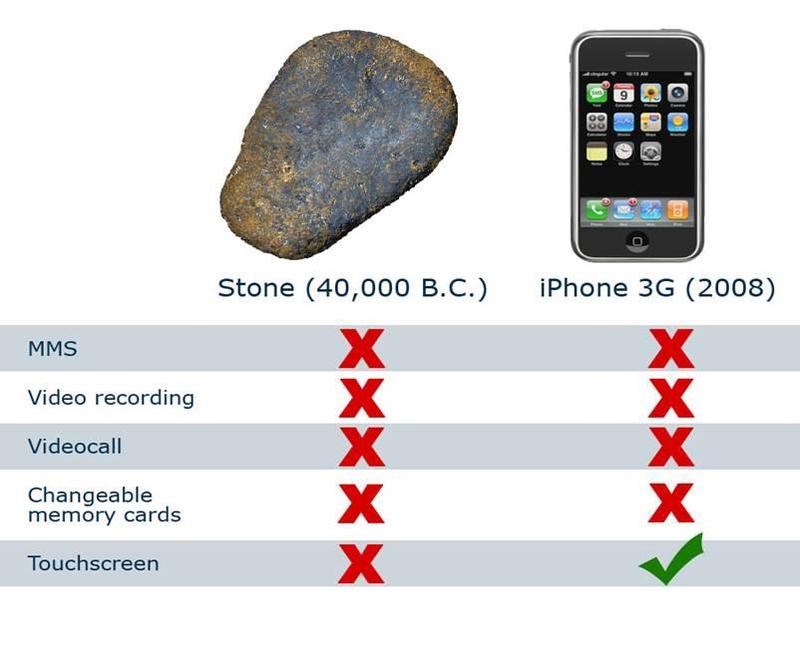Most people amass huge amounts of debt during their youth, which they are unable to pay off for many years. There are some who manage to keep their debt in check, or even remain debt free, but once a disaster strikes and there are suddenly some hefty unexpected bills to pay, they too can find themselves in a deep financial hole that’s difficult to dig out of. This is why it is important to have some money squared away for rainy days.
An emergency fund can help you deal with things like your car breaking down, you or someone you love getting seriously ill and spending a lot of time in the hospital, or being invited to an out-of-the-bloom wedding. However, once you have paid the bills, made your credit card and other payments, and spent a large chunk of your salary on groceries, there is often not much left for your emergency fund. Well, fear not my friend, there are plenty of ways to get a bit of extra money and build up a decent emergency fund.
1. Sell your junk, and some of your valuables
A quick rummage through your basement, attic and garage can reveal plenty of fairly useful stuff that just sits collecting dust. Just because you don’t have any use for it doesn’t mean that you won’t be able to find someone who will. Take all the junk out and organize a yard sale. You can also look at some of your valuable items that don’t have a lot of emotional value for you–things like paintings, home décor, some jewelry, that relatively new tablet that you barely use, and so on. You can use websites, like Ebay or even some forums, to sell virtually anything that you have lying around.
2. Make a big shopping run once a week
The quickest way to burn through your salary is to use your credit card for small purchases throughout the day. It’s very difficult to keep track of how much you’ve spent–hint, it’s a lot more than you think–and you’ll constantly think of something else you need or want. If you only go on a big shopping spree once a week, with a carefully crafted list, and use cash for any minor purchases during the rest of the week you will be able to control your spending much more effectively. Buying things in bulk can often save you some extra money on different items as well.
3. Avoid overpriced big-name brands
While it’s worth investing in more expensive high-quality models when it comes to shoes, electronics and cars, for example, a lot of the products out there are very easy to manufacture and utilize cheap active ingredients and materials–that which makes them work. Such items include toothpaste, shampoo, soap, a variety of skin care products, simple t-shirts, most drugs and workout supplements.
In order to find the best deals and the most cost-effective options, you just need to be patient and dedicated when shopping. Take your time and really look around. With a bit of trial and error, you will soon find out which items you can and can’t cut corners on. By sticking with the basics and going for functionality over marketing hype, you can cut your shopping costs in half.
4. Look for another job
An additional source of income can really help make things easier if you want to save for emergency, without sacrificing much in terms of comfort. You can make use of any skills you might have, or just go with a simple job that doesn’t require a lot of skill.
Even if you don’t have any particular skills, you have plenty of opportunities to get some free training for a bunch of different professions, from web designer to teacher to nurse aid. These are all jobs that can help you earn a decent amount of money on the side. Be sure to contact your friends, family and acquaintances to see if there are any positions open where you would be a good fit–a bit of networking can yield some impressive results.
5. Do freelance work
If you can’t find the time or energy to work two jobs, you can consider doing some freelance work from home. Even after a long day at work, you can find the energy to sit down at the computer and clock in another 3-4 hours at the computer. Most of us end up spending as much time on the computer playing games or updating our social media profiles anyway, so it’s easy to make a shift to doing something a bit more productive.
Check out websites like Elance or Freelancer, and you will quickly find tons of available jobs for anything from writing, data entry, editing and translation, to website and app design. If you’ve got a bit of talent and skill, you can make a quick buck. You won’t get enough to support your family with a few work hours a day, but it will be more than enough to quickly build up a respectable emergency fund.
6. Monetize your hobby
Another great way to secure some extra income that you can save for an emergency is to find a way to earn money from your hobbies. You may be able to sell all manner of handcrafted décor and jewelry on Etsy, hold martial arts classes in your garage, teach people how to sing or play piano on Skype, sell some unique collector’s items and so on. You can even pick up a new hobby as a means of becoming proficient in a certain area, say woodcarving, with the ultimate goal of earning some extra money out of it. Almost any hobby can be monetized one way or another, particularly if you’ve acquired a good deal of skill over the years.
7. Start obsessing about your carbon footprint
Even if you aren’t much of a hippie and don’t care about the environment, which you should, there are plenty of hidden benefits to being an eco-warrior, namely cost reduction. You see, the way we get our energy isn’t all that clean or good for the environment. Even electricity is produced in power plants which are responsible for around a third of all U.S. greenhouse gas emissions.
Our cars pollute the environment, we use up a huge amount of natural resources and create incredible amounts of garbage that gets thrown out. You get the gist of it. Once we start being more eco-conscious we stop leaving the lights on in rooms when we leave, turn off the devices when not in use, never leave the water running longer than it is necessary and use our cars less often.
A few simple changes around the home can help save a whole lot of money in the long run. Installing and programming a decent thermostat can shave about 25% off your heating bill, while improving your home’s insulation by caulking up windows and doors, using draft stoppers and window insulation film will bring the cost down even more. Invest a bit of time and effort into converting your home into an eco-friendly zone, and try to reduce your carbon footprint as much as you can. This can make a big difference in how much money you spend every month.
8. Start making good use of piggy banks in your home
When people say that every penny counts, they are being quite literal, and quite right. Loose change, one dollar bills and a few fives and 20s here and there–you can spend these without even realizing it, or you can put them into your little savings box each chance you get. It is not something that will reduce your quality of life–in fact, you probably won’t even notice it at all–but all this leftover change and a few larger bills will slowly add up.
Get a big enough container and put a little something in there each day–even just the loose change in your pocket at the end of the day. After several months, when you open it and pour the money out on the table, you will be pleasantly surprised. It’s not uncommon to see people save up a few hundred dollars this way, without any special effort.
Staying out of debt is a matter of being responsible with your money and being prepared for unforeseen circumstances. A good emergency fund will help you get through tough times. Anyone can save up a decent amount for money for their emergency fund as long as they heed some of this basic advice.
















































